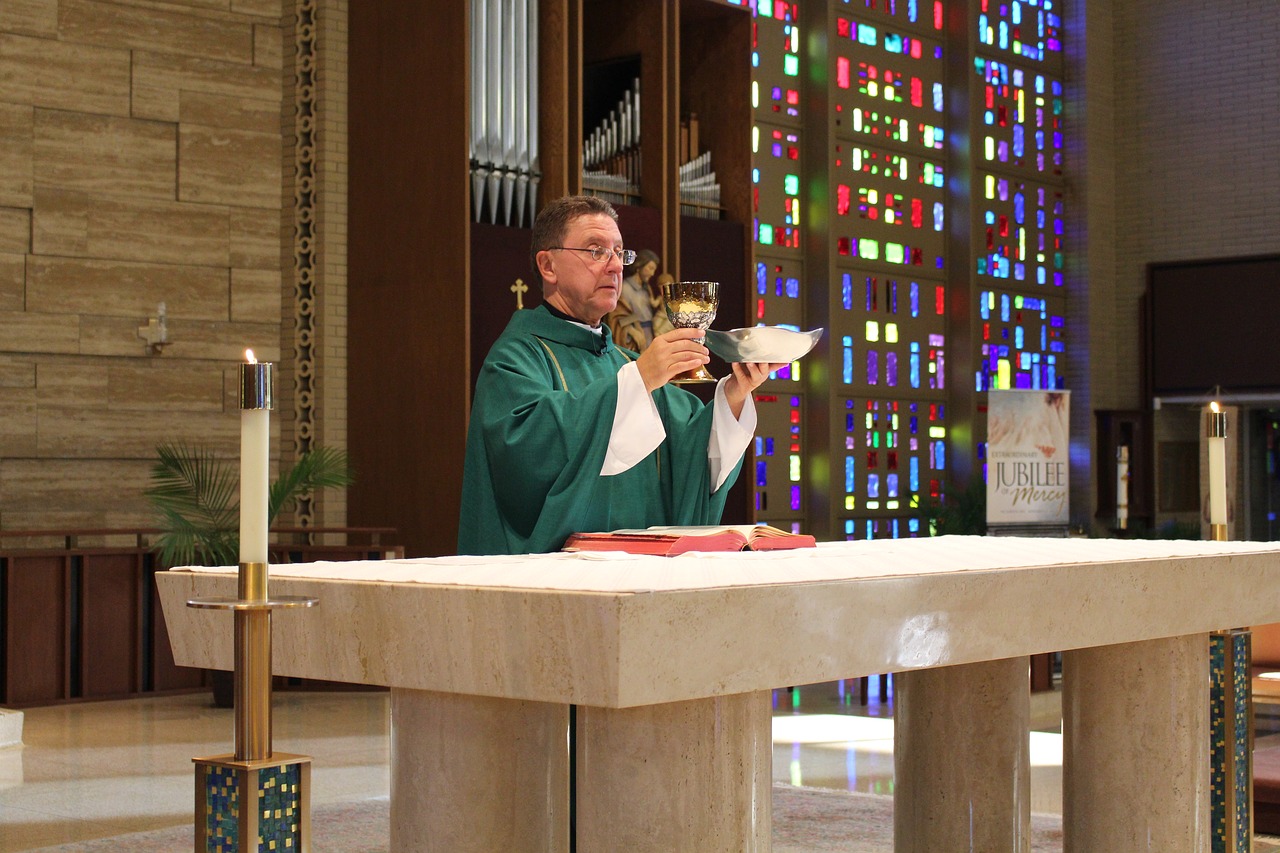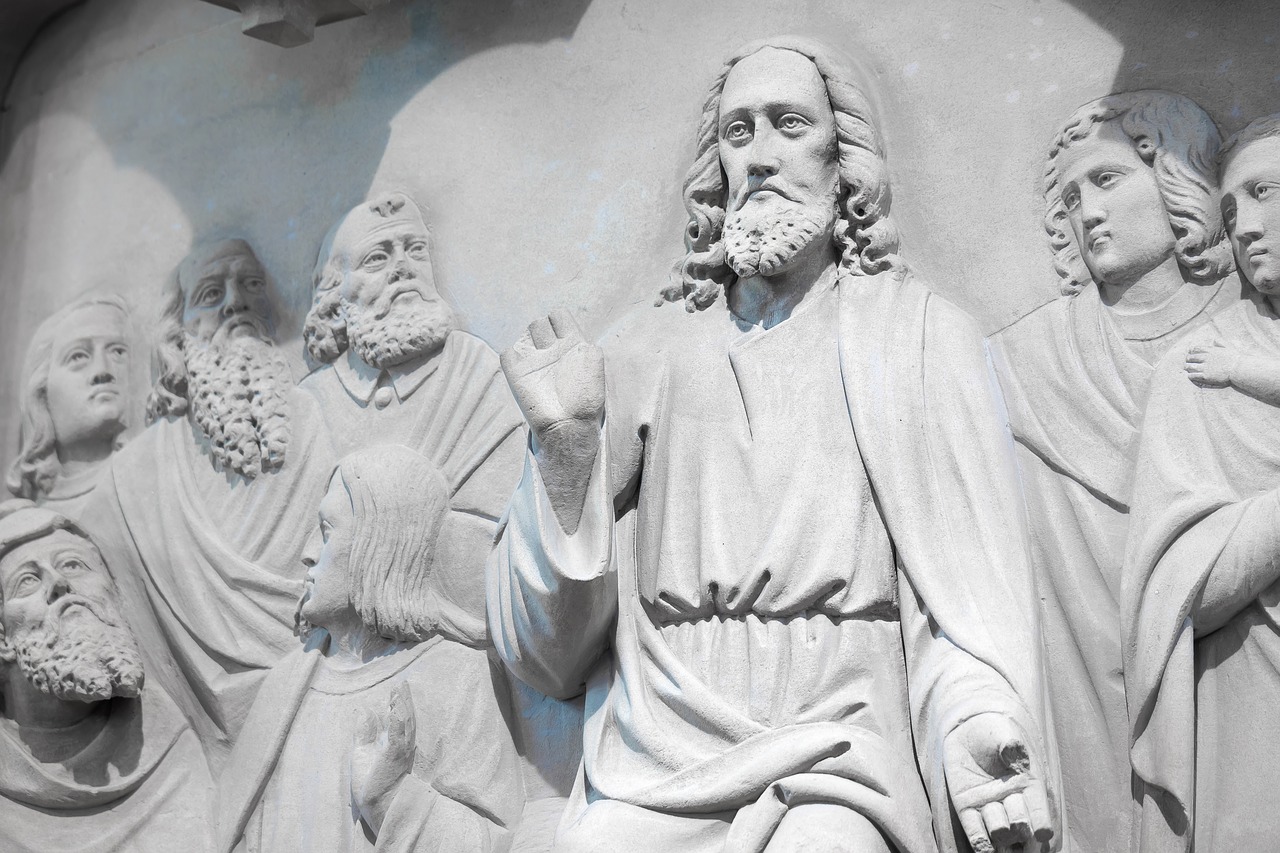The Easter duty is again viewed properly as a minimal requirement rather than a recommendation.
The Easter duty has seen some flux in church tradition. The Eucharistic Precept, as it’s formally called in the list of Church Precepts, was conceived in the 6th century as a way to ensure that the Sacrament of Holy Communion wouldn’t be neglected by the faithful. Early church councils enforced regional versions of the precept, which in one form mandated receiving communion three times annually: at Christmas, Easter, and Pentecost.
The Fourth Lateran Council (1215) reduced the mandate to once annually at Easter time, widening its application to the whole church. The Council of Trent and the Code of Canon Law restated this obligation. Ironically, the attempt to safeguard reception of the Eucharist by insisting on minimal participation had the opposite effect. Clergy preached on the evils of taking communion in a sinful state a little too effectively. Churchgoers developed a fear of receiving the Eucharist “unworthily.” Many were convinced they could never be in the proper state of grace to merit the privilege. Add to that the phenomenon of what we might call “mortal-sin creep”: in the hands of a number of confessors, venial sins got an automatic upgrade to fatal status.
It wasn’t until the 20th-century arrival of Pope Pius X, “the pope of frequent communion,” that Catholics returned to the sacrament more regularly. The Easter duty is again viewed properly as a minimal requirement rather than a recommendation.
What hasn’t always been clear in the Easter duty is the definition of Easter. Technically Easter is not a day on the church calendar so much as an Octave (eight-days-long feast) contained within a seven-week celebration. The latest Code of Canon Law (1983) defines the fulfillment of the Easter duty to the time from Palm Sunday to Pentecost Sunday. This period, from Holy Week through the Easter Season, offers an eight-week window to meet the obligation.
However, in the United States, the Eucharistic Precept can be fulfilled from the First Sunday of Lent until Trinity Sunday. Lent adds an additional five weeks; the time from Pentecost to Trinity Sunday, another week. Altogether, this opens 14 weeks of the church year to fulfillment of the Easter duty.
Many Catholics are under the impression that the Easter duty also requires going to Confession. While receiving the Sacrament of Reconciliation annually is certainly a good idea, it’s not part of the requirement.
Scripture: Psalm 119 (In praise of precepts and instructions); Proverbs 1:2-7; 4:13; 8:33; 10:17; 23:23; Mark 14:22-24; Matthew 26:26-28; Luke 22:14-20; John 6:27, 34- 35, 48-59; Romans 15:4; 1 Corinthians 11:23-27; 14:26; 1 Timothy 1:5
Books: 101 Questions & Answers on the Eucharist, by Giles Dimock, OP (Paulist Press, 2006)
The General Councils: A History of the Twenty-One Church Councils from Nicaea to Vatican II, by Christopher Bellitto (Paulist Press, 2002)



